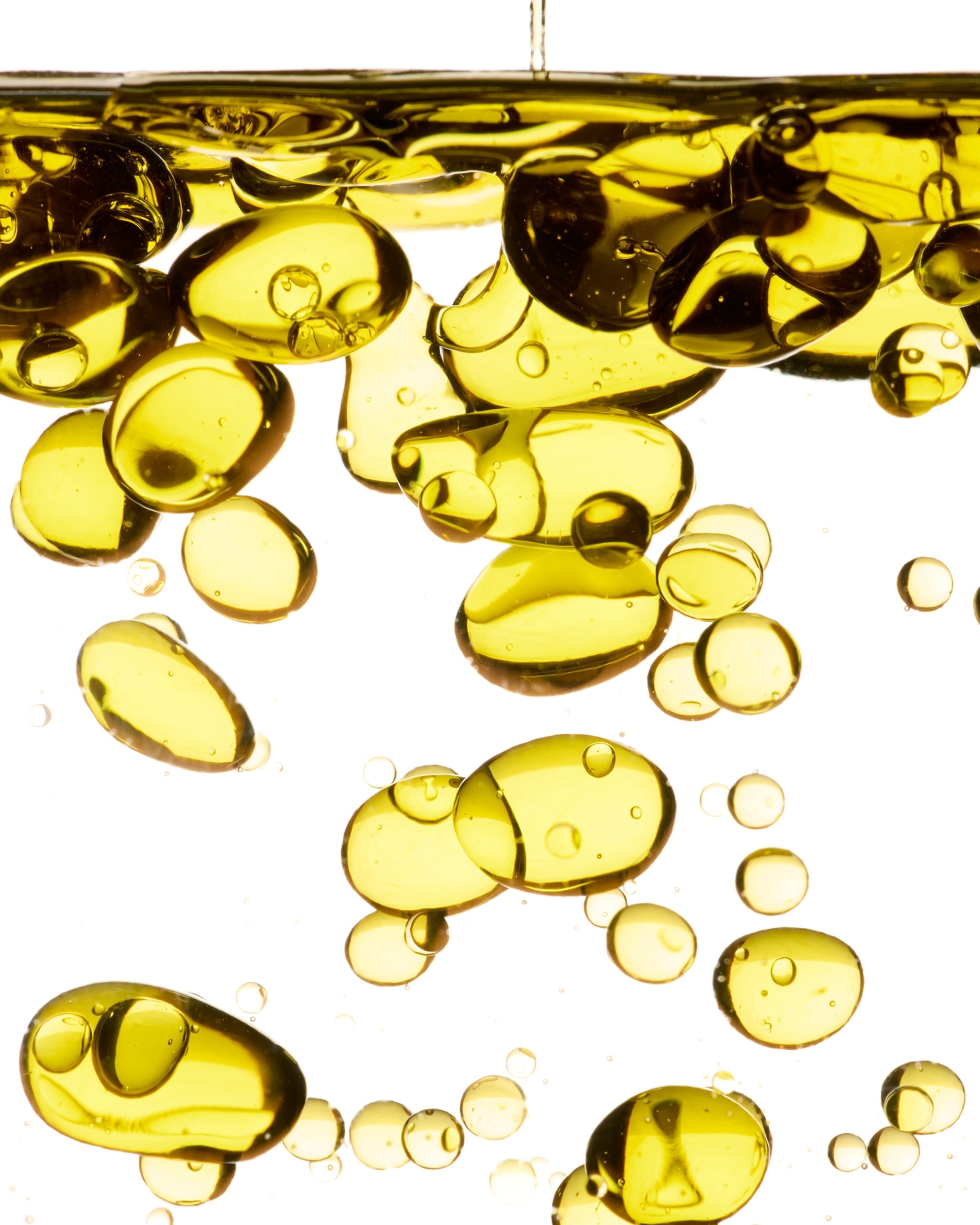Are seed oils actually bad for you? Experts say we're missing the big picture
Whether you prefer cooking with beef tallow or olive oil, dietitians say picking the healthiest cooking oil matters less than the meals you prepare with them.

Scroll through TikTok or listen to a mainstream podcast and you might hear that certain types of cooking oils derived from seeds pose a major threat to your health and the planet.
Could the right olive oil, by contrast, be a miracle cure? And if you’re concerned about the environment, you may have heard you should steer clear of palm oil at all costs.
When it comes to health risks, the real problem, many experts say, is not always the oils themselves but the foods in which they are found. And when it comes to which oil is the most sustainable—well that’s complicated too.
How seed oil fears took over the internet
Since 2020, seed oils have been targeted by online bloggers and “food influencers” for their alleged toxicity. Critics insist that what they call the “hateful eight”—canola, corn, cottonseed, soybean, sunflower, safflower, grapeseed, and rice bran oils—cause inflammation and disease.
Some health influencers have even argued that animal-derived fats such as beef tallow are healthier alternatives and easier for our bodies to digest.
The conversation about these oils and fats reached more mainstream audiences after Robert F. Kennedy Jr. became president-elect Donald Trump’s nominee to run the Department of Health and Human Services. Kennedy has claimed that Americans are being “unknowingly poisoned” by seed oils.
As their name implies, seed oils are extracted from the seeds of a plant.
Sunflower, sesame, and canola are all seed oils. Olive and avocado oils, by contrast, are extracted from the whole fruits of their respective plants.
One concern voiced by opponents is the use of a hydrocarbon called hexane during the production process.
After seeds have been cracked, cooked, and dried, they are bathed in hexane, which extracts much of the oil. Hexane is made from crude oil and when inhaled, it can cause numbness in hands and feet. Studies done on rodents show prolonged exposure causes nerve damage, but research has yet to show any long term human health risks.
Most hexane in oils is either recovered or lost to evaporation, but small amounts may be left behind. The European Union sets a maximum residue limit of 1 milligram of hexane for every kilogram of cooking oil, but a U.S. Food and Drug Administration listing of acceptable hexane limits in foods does not cover cooking oils.
Another concern voiced by seed oil detractors is the presence of omega-6 fatty acids, and particularly linoleic acid. Seed oils may contain between 40 and 70 grams of linoleic acid per 100 grams of oil, whereas olive oil generally contains under 10 grams.
Critics argue that the issue with linoleic acid is that it can metabolize in the body to arachidonic acid, a fatty acid with unclear health impacts.
What does the science say?
Seed oils do contain higher amounts of omega-6 fatty acids than olive or avocado oil, and in particular have higher ratios of omega-6 to omega-3, the latter frequently touted as the “good” fatty acid.
However, the impact of omega-6 fatty acids on the human body is by no means established.
“We have research that shows that there is no relationship [between omega-6 and inflammation], and even that, in fact, arachidonic acid is also a building block for components that fight inflammation,” explains Judy Simon, a registered dietician nutritionist with the University of Washington Medical Center.
Indeed, a major 2017 study found that increased dietary intake of linoleic acid does not have a significant effect on inflammation. Other studies have found that linoleic acid consumption is related to decreased risk of cardiovascular disease and type 2 diabetes.
Furthermore, the American Heart Association notes that “the body needs” omega-6 fatty acids and that they help “reduce bad cholesterol, lowering the risk for heart disease and strokes.”
And there is a mountain of evidence showing that the unsaturated fats in oils are less deleterious to heart health than the saturated fats in beef tallow and lard.
Which oil is best for the planet?
Because production can vary dramatically by producer, pinpointing one oil or fat as the most sustainable is complex, but research highlights some broad trends.
Palm oil, though not often used as a single ingredient by home chefs, is ubiquitous in packaged foods and soaps and its production has led to the destruction of pristine rainforests and wetlands. A study published in 2020, however, found that coconut oil was equally if not more unsustainable by some metrics, adding that the public largely underestimated its impact.
Then there’s the stark difference between livestock and crop production, with the greenhouse gas emissions, water usage, and pollution caused by livestock far surpassing the footprint from vegetable crops.
One study compared five popular vegetable oils—from their cultivation as a crop to the production process.
It found that rapeseed oil—produced from the rape plant and similar to species like mustard and cabbage—had the lowest overall environmental impact.
Which oils are healthiest?
The American Heart Association recommends replacing animal fats and tropical vegetable oils (palm and coconut) with non-tropical vegetable oils.
Research has also shown that olive oil contains elevated amounts of polyphenols, a compound with antioxidant properties. And studies show that the extra steps taken to produce extra-virgin olive oil yielded olive oils with the most polyphenols.
But experts say concerned individuals should focus on their diets as a whole.
“We’re cooking with these oils, not drinking them,” says Megan Hollendonner, a clinical dietician with University Hospitals Cleveland Medical Center
More important still, she continues, is what we cook with them: because they are cheap and versatile, seed oils are the oils of choice in fast and processed foods, consumption of which continues to increase.
These ultra-processed foods can harm the body and the brain, and research suggests they’re as addictive as cigarettes.
Unhealthy food consumption, rather than seed oils specifically, is the real health issue consumers need to be wary of, say the experts.
Simon says that, when asked what the best oil is to use, she generally replies that, if you can afford it, plump for avocado and extra-virgin olive oil, “because they are the highest in omega-3s and have been shown to have great health benefits.”
That doesn’t mean, she clarifies, that other oils are unhealthy; and in fact, she says she has been “shocked” by the level of opposition to seed oils.
As for beef tallow: Simon points out that it too contains a form of linoleic acid, as well as heart-unhealthy saturated fats.
Eric Decker of the Center for Agriculture, Food, and the Environment at the University of Massachusetts Amherst notes that he has a slide that shows how food fads come in cycles, as evidenced by the movement in favor of once-popular, subsequently-shunned, animal fats. That, he says, is an inevitable consequence of focusing, not on the big picture, but its component parts.
“When people talk about being healthy, they should be talking about diet and lifestyle,” says Decker. “They shouldn't be talking about individual foods, let alone ingredients in individual foods.”
After all, he observes, “even water will kill you if you drink too much of it.”








